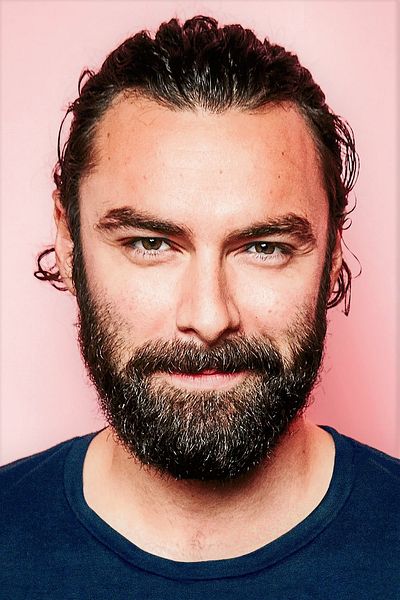As a regional mental hospital is due to be shut down, a psychiatrist (Eric Bana) is sent to evaluate a patient (Vanessa Redgrave) who has been resident there for many years. As he interviews her, it's revealed that she has a dark past that still haunts her...
Adaptations are a tricky thing to catch hold of. Too faithful and it becomes uninspired, bringing nothing new to the table. Too different and it leaves nothing of what made the source so beloved in the first place. It's a fine line to walk, but one point that isn't often discussed is problems with the source itself. Sebastian Barry's novel, The Secret Scripture, won the 2008 Costa Book Award, despite the fact that most of the jury intensely disliked the ending. Yet, for all this, it's that ending that sets the reader - and, now, the viewer - on the journey.
The Secret Scripture does make a point of changing a few elements of the story, but largely keeps the dual storyline structure intact. Eric Bana plays a psychiatrist sent to evaluate a patient (Vanessa Redgrave) as the regional mental hospital is due to be closed. As she recounts her story, we're transported back to Ireland during World War II where said patient is revealed as the beautiful Roseanne McNulty, played by Rooney Mara. The film follows the story arc of the original novel; she's courted by a number of suitors - including an impossibly good-looking parish priest played by Theo James - before she settles on Jack Reynor's shopkeeper-turned-RAF pilot. However, this is Ireland in the '40s and the Old IRA - personified by Tom Vaughn-Lawlor - are careful to remind her that she could be construed as fraternising with the enemy.
What the film does well is ground it all in a sense of place. Sheridan cleverly uses production design and location to take us there, but its both the characters there and the story itself that makes the film so flat and unoriginal. As mentioned, Theo James is cast as a local parish priest and while his good looks might fit in other scenarios, he sticks out like a sore thumb in '40s Ireland. Likewise, Rooney Mara's faltering accent and icy exterior does little to reach the audience and instead, we're left with a performance that fails to enthrall or excite. Jack Reynor does his best with what he has, but both his accent and general demeanour is just as out of place as James. Where the film works best is the scenes between Redgrave and Bana, where it's rooted more in performance and understanding than just period detail and the like.
The real problem with The Secret Scripture, unfortunately, comes from the source material itself. While the dual storyline device might work well in a novel, it's exceptionally difficult to transpose that into film and it's only been done successfully once or twice. Yet, here, it forms the basis of the film - something that it could have done without. More pointedly, however, is the third act of the film where it all truly falls apart. While Sheridan does his best to mitigate the twist ending by making it more of a slower reveal, the fact is that it's unconvincing and makes a film that's already steeped in melodrama veer off into the realms of soap opera. For a film that lacks subtlety in the main, the eventual reveal is so obvious and so cack-handed in its execution that it cheapens everything that's come before it.
While the film does feature some beautiful shots and does have a sense of place and design to it, the woeful miscasting and the problems with the story itself keep it from being any other than a missed opportunity for Sheridan to reassert himself. Had he been given stronger raw material to work with and had a better eye for casting, there could have been something here. Instead, The Secret Scripture is a largely forgettable and disappointing effort by a director and cast that's capable of more, but not in this combination and in this setting.



















































































